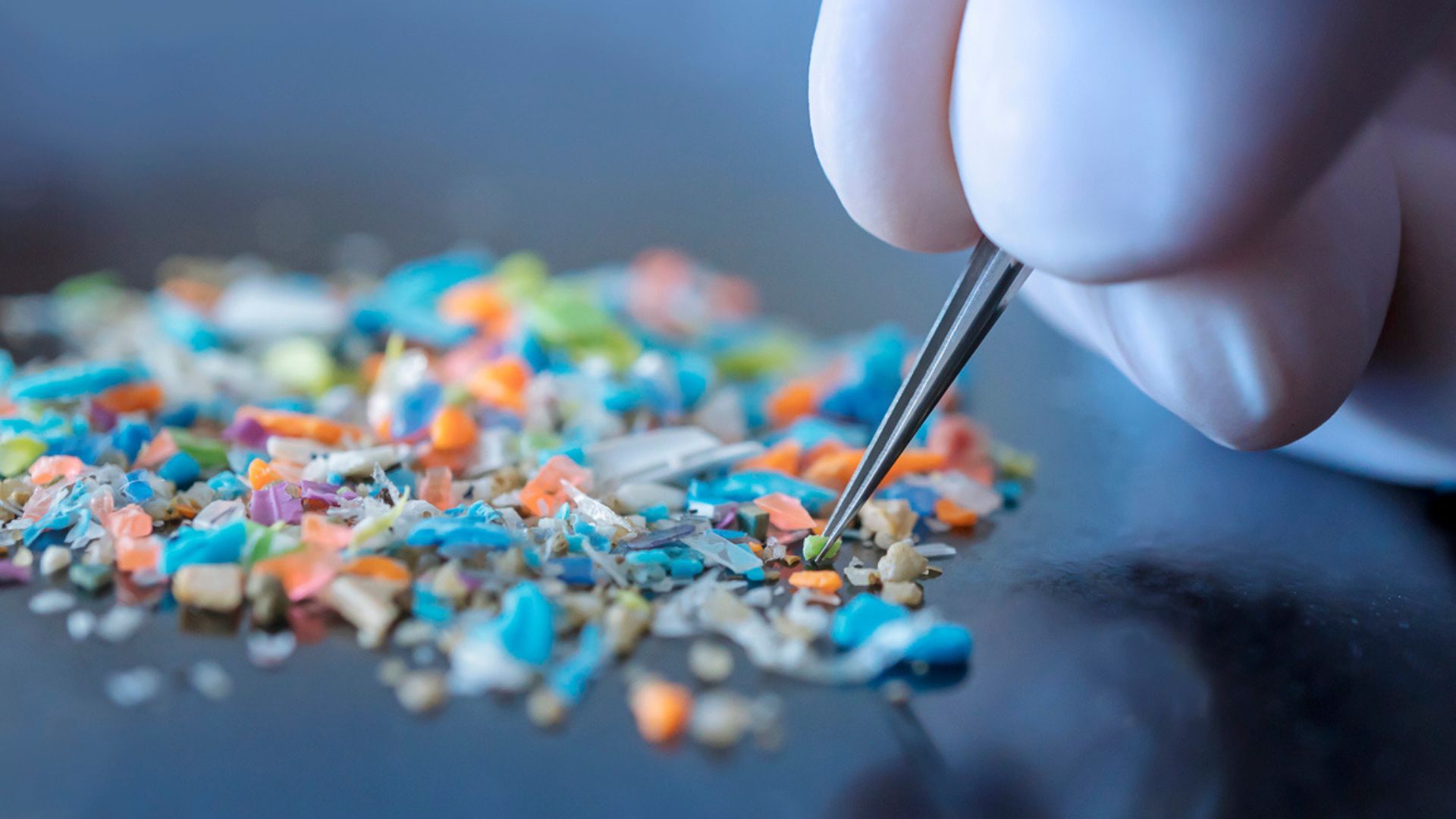Biodegradable microplastics could pose diabetes threat, harm gut

Source: interestingengineering
Author: @IntEngineering
Published: 6/9/2025
To read the full content, please visit the original article.
Read original articleA recent study highlights potential health risks posed by biodegradable microplastics, specifically polylactic acid (PLA), widely used in eco-friendly food packaging and disposable tableware. Unlike conventional plastics, PLA is derived from renewable resources like corn starch and sugar cane and has been considered a sustainable alternative. However, the study reveals that PLA microplastics do not merely pass through the digestive system but enter the metabolic cycle of gut bacteria and intestinal cells. Using mouse models, researchers found that certain gut bacteria secrete enzymes that break down PLA microplastics, turning them into carbon sources that may contribute to metabolic disorders such as diabetes and hyperuricemia, which can lead to gout and kidney stones.
Additionally, PLA microplastic fragments in gut epithelial cells reduce the production of linear short-chain fatty acids, essential energy sources for these cells, resulting in decreased appetite and weight loss in mice. The study also suggests that PLA microplastics may promote harmful bacteria like Helicobacter muridarum, potentially disrupting the gut microbiome balance by displacing beneficial microbes. While the exact mechanisms remain unclear, the researchers propose that frequent plastic consumption may have conditioned gut microbiota to recognize and metabolize these particles. Importantly, the study notes that the adverse effects might be reversible if exposure to PLA microplastics ceases for six to twelve months. This research raises concerns about the hidden health impacts of biodegradable plastics previously regarded as safe alternatives to conventional plastics.
Tags
materialsbiodegradable-plasticsmicroplasticspolylactic-acideco-friendly-materialshealth-impactgut-bacteria